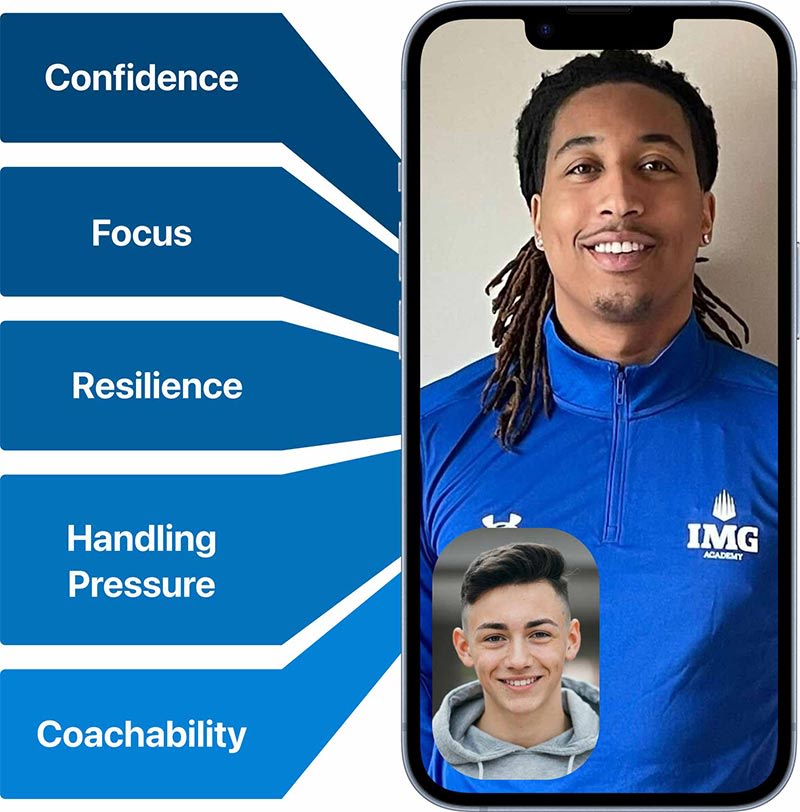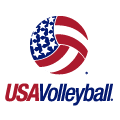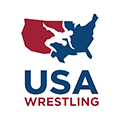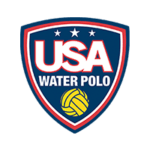How to Overcome a Sports Injury During the Recruiting Process

It’s a moment most athletes hope to avoid – getting hurt while playing the sport they love. Aside from the physical pain, a sports injury can be particularly difficult to cope with because it forces you to sit on the bench and lose playing time.
That can bring up deep feelings of disconnection, loss of identity, decreased self-esteem and – let’s face it – major stress! What will an injury mean for your college goals and recruiting trajectory?
Here are our tried-and-true tips for keeping your recruiting process on track, despite an injury.
5 tips for overcoming a sports injury
Before you can even think about recruiting strategies, first and foremost, you need to make sure you’re focused on healing your physical injury. Here’s what we recommend:
- Be optimistic: Research shows that being optimistic is linked to improved mental and physical health.
- Set clear recovery goals: Goal setting will help guide you through the healing process and keep you motivated along the way!
- Follow the doctor’s orders: Stay focused on all the instructions your healthcare team gives you, such as completing a physical therapy program, stretching, staying hydrated, and nurturing your body with healthy foods.
- Get proper rest: Don’t rush things. That can backfire and slow you down. Embrace having some time off to mentally refocus. Take your mind off your injury by doing things you love outside of your sport, like other hobbies.
- Seek emotional and social support from your teammates, family, friends and coaches. Your support system will help you get through the ups and downs and remind you that you’re not alone in this.
What if I get hurt during the recruiting process?
Injuries can certainly impact your college recruiting gameplan. We talked with NCSA Senior Recruiting Coach Davide Harris, who has personally helped hundreds of student-athletes facing game-altering injuries. Here’s his take on what to do:
If you’re injured early in your recruiting process:
Don’t fret! College coach exposure and interest aren’t as important yet.
“When an injury happens, you want to focus on everything outside of coach connection. Work on researching schools, identify opportunities, focus on academics,” Harris suggests. “Do everything you can do to sell yourself on the student part of student-athlete.”
If you’re already talking to college coaches about opportunities:
Your injury might slow things down, but you should stay in touch and stay connected with coaches. Be transparent and let the coach know what is going on. They’re going to find out if you’re hurt either way, so let it come from you. Be upfront.
Read more: Coach communication tips.
“There might be coaches who will put you to the side; there is that risk – but if a coach really likes you, they will want to wait and see you get healthy,” Harris said.
Giving updates will show the coach that you are really interested in the school! Keep the coach posted on your:
- Rehab progress
- Academics
- Questions about the school/program
Coaches love to see perseverance and dedication. So, if you handle your injury situation with maturity, grit and focus, it actually could be an opportunity to impress coaches.
Focus on your recovery
Remember you’re not alone in this challenge. It’s totally normal to feel bummed out, disappointed and worried about what it means for your future. But don’t let that consume you.
Harris advises: “Process what’s happening. Know it’s not the end. Know it’s just a setback…”
“This is a setback for a big comeback.”
If you need extra guidance getting your mindset and recovery on track, we recommend one-on-one coaching with an IMG coach, to improve your:
- Confidence
- Focus
- Resilience
- Handing pressure
- Coachability

Find inspiration from other athletes
Ask around, and you’ll find many athletes have faced the adversity of an injury. Here’s a list of the 20 biggest injury comebacks in professional sports.
Along with Michael Jordan, Drew Brees and Kerri Strug, many of our very own recruiting coaches here at NCSA have injury stories to tell, too!
Take Heather Evans, Senior Volleyball Recruiting Coach, who ruptured her Achilles during her professional volleyball career and managed to come back seven months post-surgery for more seasons before retiring. Despite feeling devastated and worried she would never play again, Coach Heather followed her doctor’s orders and leaned on her fellow pro players for support.
“The entire recovery journey made me even more hungry to get back out there,” Coach Heather said.
When she reflects on that most challenging time in her life – physically and emotionally – the perspective helps her guide young athletes today when they are sidelined by an injury.
She tells athletes to be patient with the feeling of loss you experience after an injury. Let the emotions come and know they will not last forever. She says you’ll experience the stages of grief, and they shouldn’t be rushed. Surround yourself with those who bring light to your life. Believe them when they say everything will be OK. “This is not the end of your story. The injury does not define you, nor your future.”
















